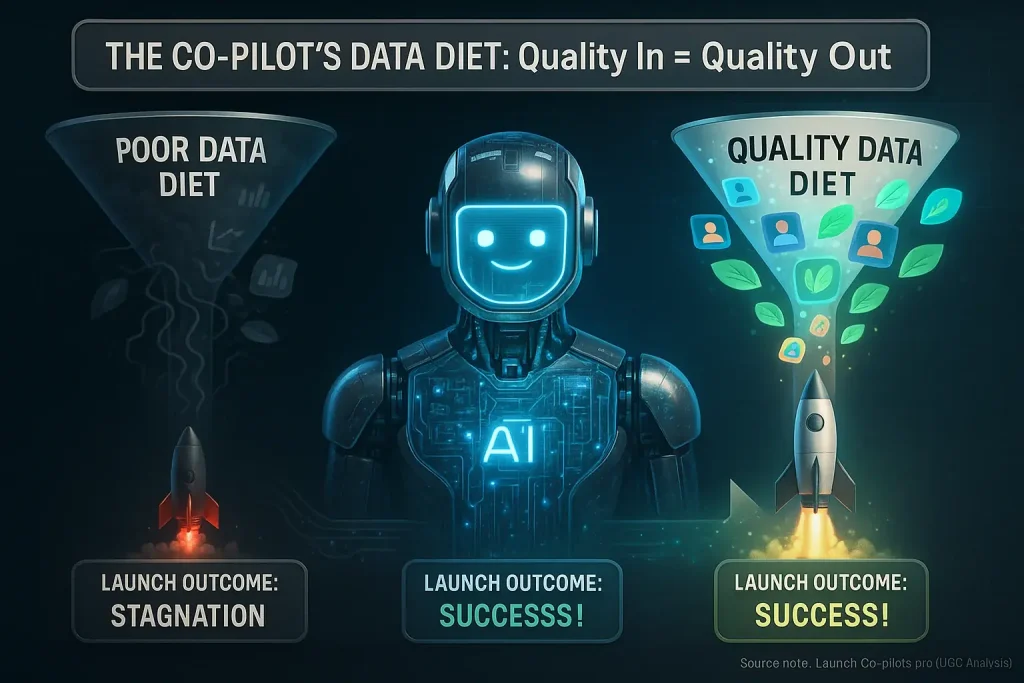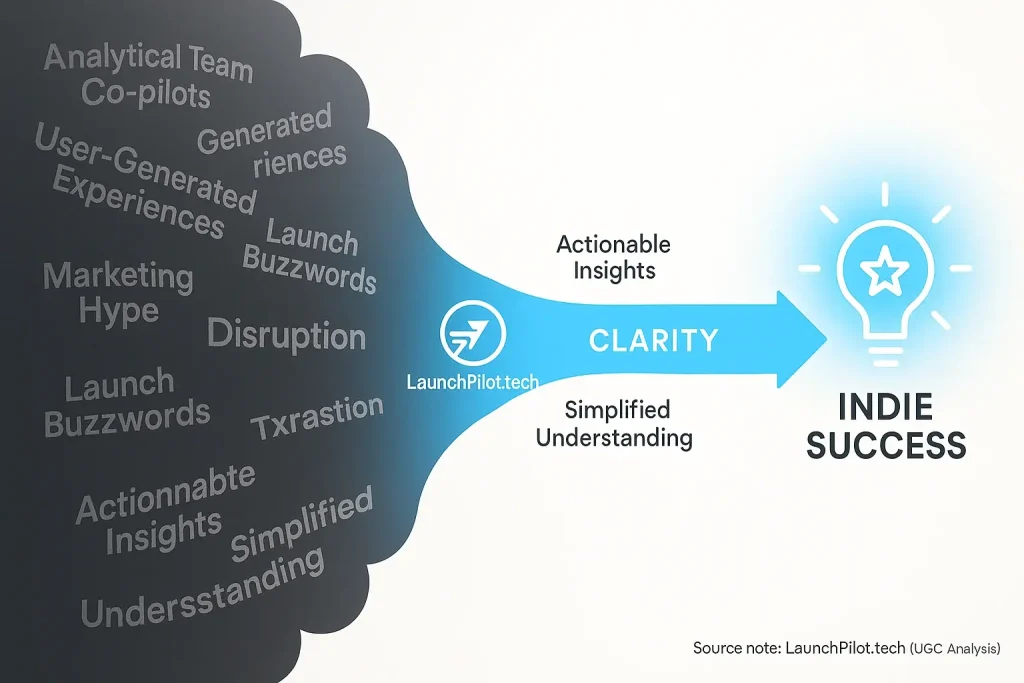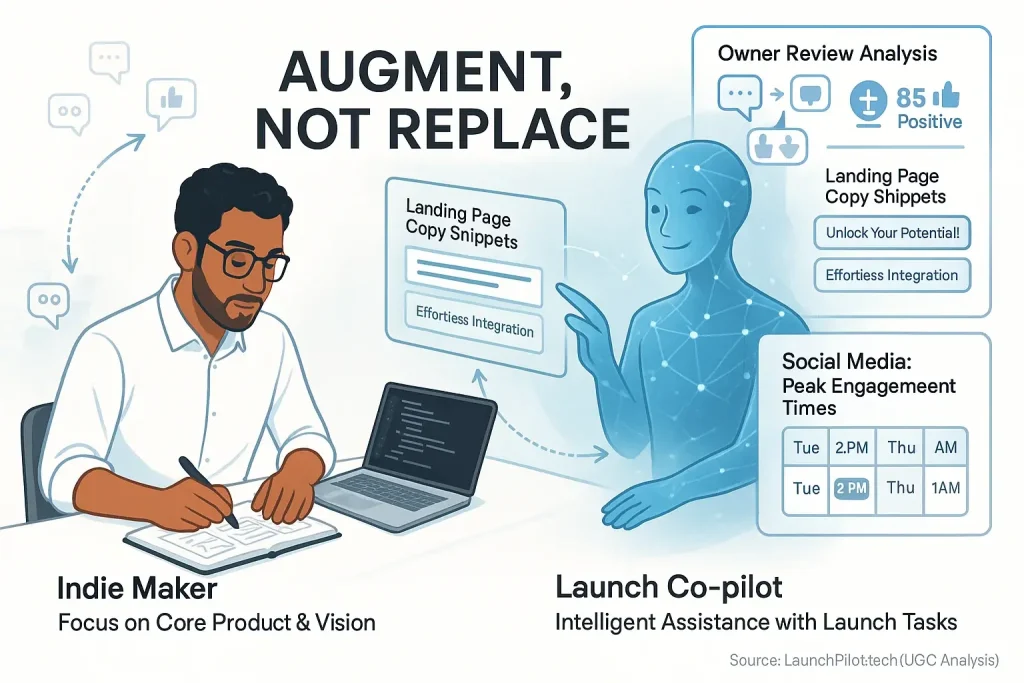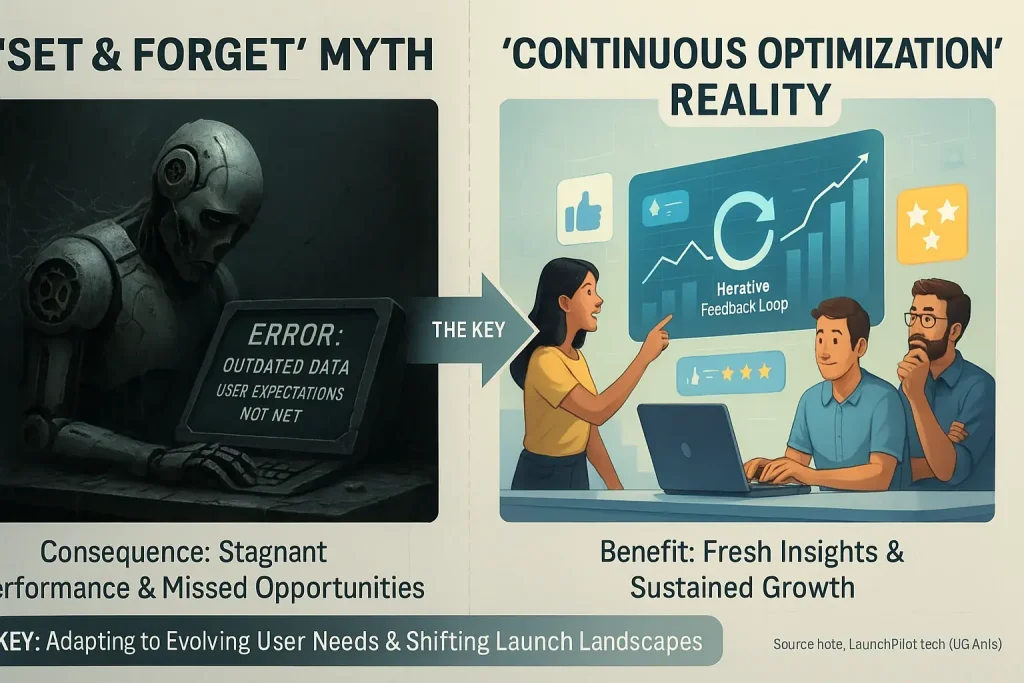The Indie Integration Maze: Why Connecting Your AI Co-pilot Matters (And How to Navigate It)
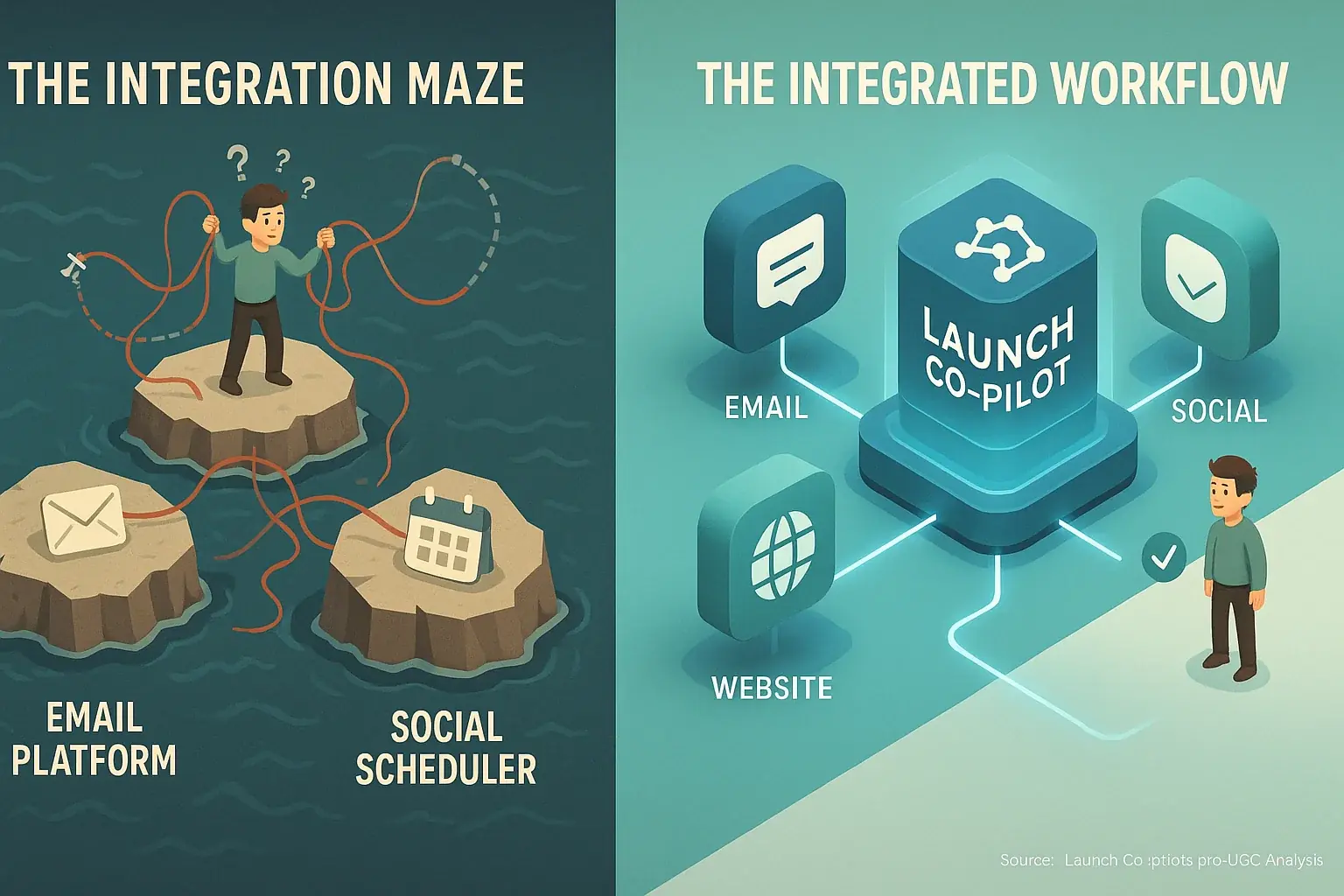
Ever feel like your launch tools speak different languages? Your email platform. Your social scheduler. Your site builder. All powerful. Often disconnected. This integration maze frustrates many indie makers. It consumes precious time. It stifles creativity. Our synthesis of indie maker feedback highlights this recurring pain point.
Indie makers frequently report wrestling with tool chaos. Manual data entry becomes a daily grind. Information gets siloed. Opportunities slip by. We've seen countless indie creators detail these struggles in forums. The hidden costs are substantial. Lost hours. Mental fatigue. Missed launch windows. This isn't just inefficiency; it's a barrier to growth for small teams.
Seamless co-pilot integrations offer a clear path forward. Your launch co-pilot can become a central command center. It connects disparate systems. It automates tedious tasks. This connection is key to maximizing your launch co-pilot's power. Many user discussions reveal successful strategies for linking essential tools. LaunchPilot.tech provides practical, UGC-backed guidance for these crucial integrations.
Effective integration transforms scattered efforts. It creates a cohesive launch cockpit for your project. You can then focus on strategy. Not manual data juggling. This shift frees up essential energy for product refinement. And marketing impact. A well-integrated launch co-pilot streamlines your entire workflow, based on extensive user reports.
Your Indie Tool Stack: Identifying Key Integration Points for AI Co-pilots
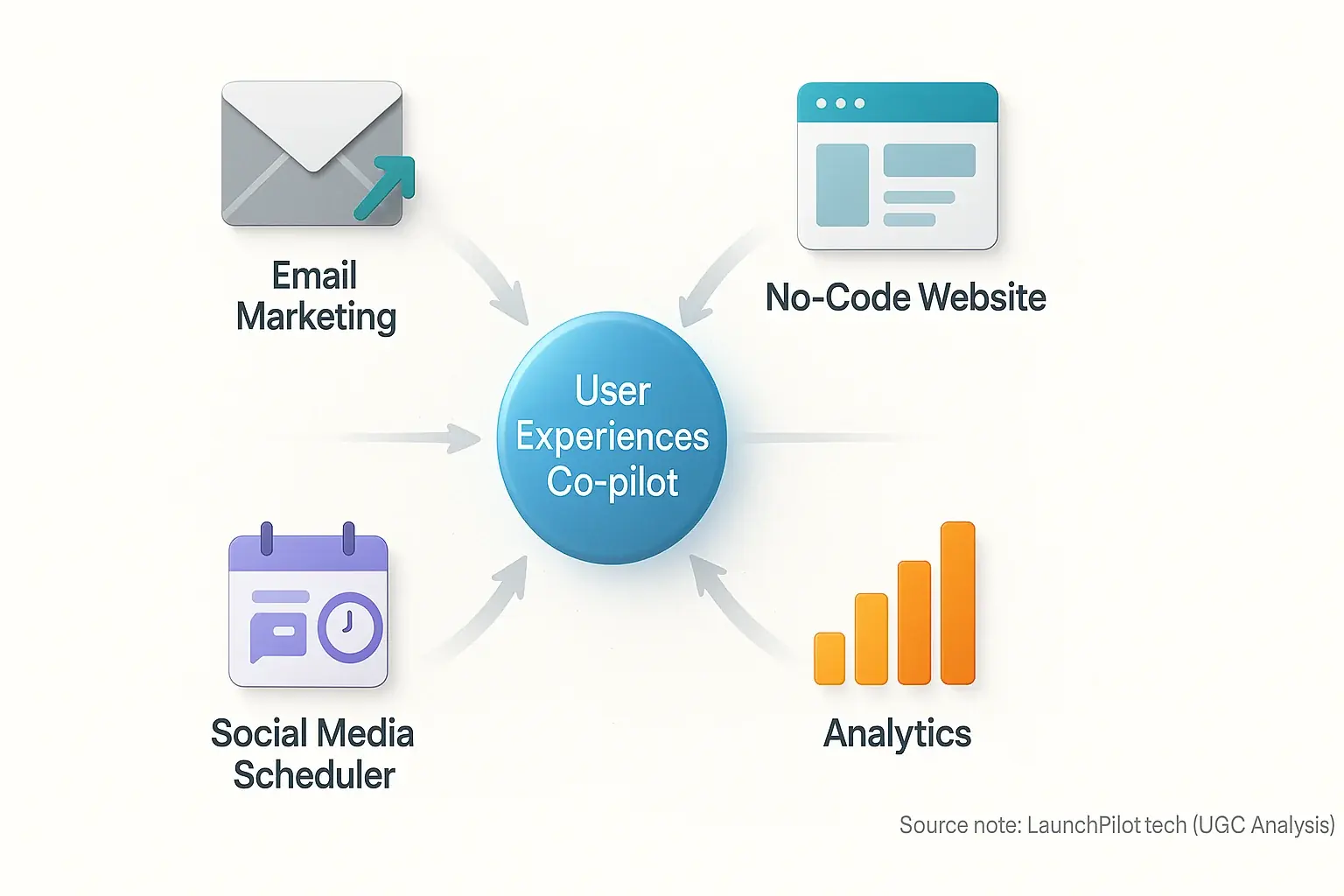
Most indie makers lean on a familiar digital toolkit. We see email marketing platforms constantly mentioned in community forums. No-code website builders and social media schedulers are right there too. These are the engines of your launch. The problem? They often work alone.
User-generated analysis co-pilots truly shine when connected to these tools. Imagine automating personalized emails from insights. Or updating landing page copy seamlessly. Even scheduling social posts becomes easier. This power comes from data synthesized from community feedback. Indie makers consistently report these integrations deliver immediate launch wins.
What about other tools? Simple CRMs and analytics dashboards can also integrate. These offer deeper, long-term insights. Our analysis of user-generated content suggests prioritizing core connections first. The goal is maximum impact with minimal initial effort. That's smart launching.
Integrating Your AI Co-pilot with Email Marketing: Automate Your Launch Sequences (UGC-Backed Walkthrough)
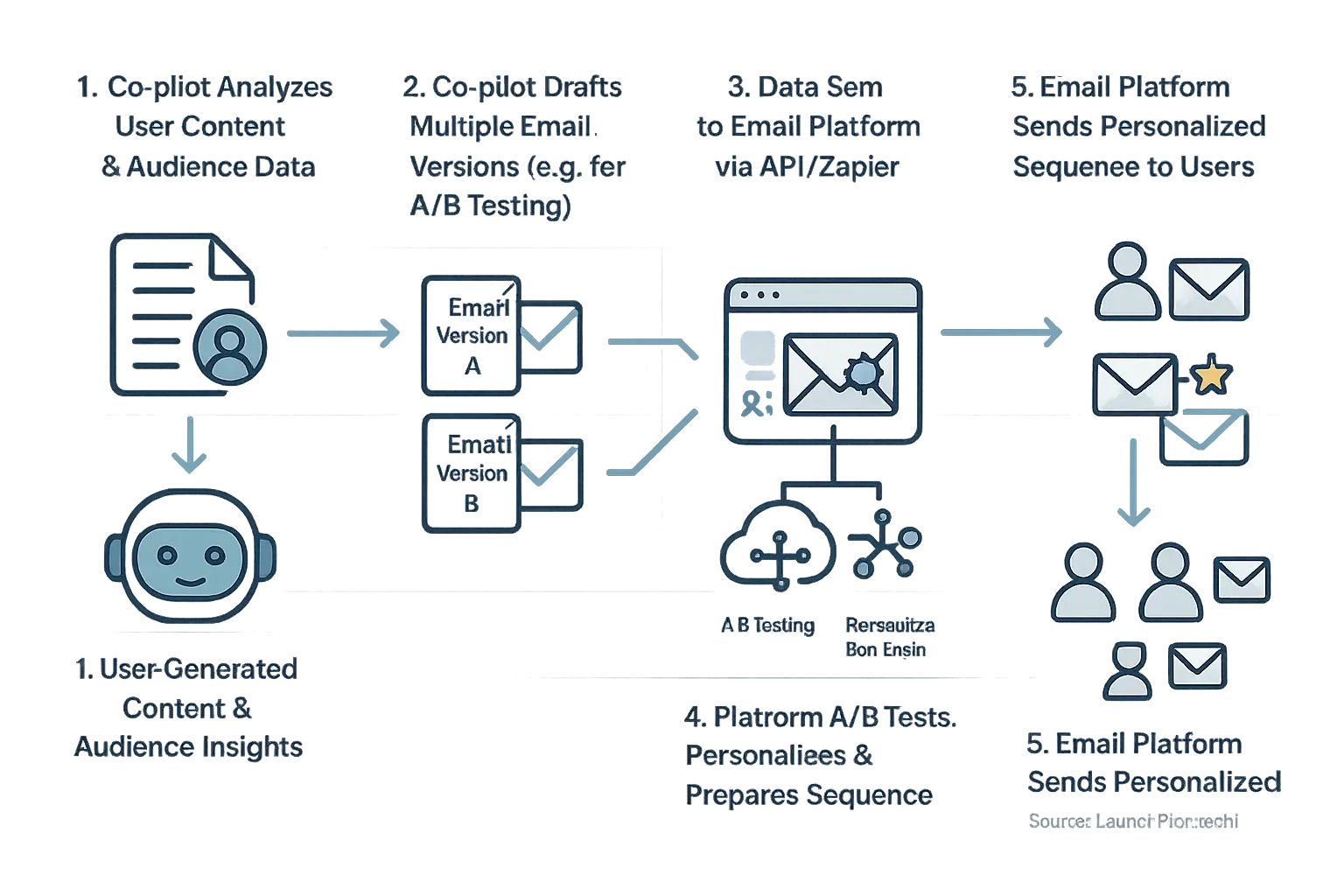
Automating your email sequences with an insights system co-pilot transforms launch communication. This is a core finding from our analysis of indie maker workflows. Instead of manual email crafting, your analytical tool drafts compelling subject lines. It also creates body copy. It even personalizes messages using user segments. This approach frees up vital indie maker time.
How does this connection work? Our analysis of user setups shows it is often straightforward. Most indie makers link their co-pilot to email platforms like ConvertKit or Mailchimp. Integration uses native connectors or tools like Zapier. The basic workflow is also clear from user reports. You feed your co-pilot product value and audience details. It then generates a launch email series. These drafts populate your email platform, awaiting human review.
A powerful hack emerges from collective user experience. Get your co-pilot to draft multiple email versions. Then, A/B test these rigorously within your platform. Indie makers report this dramatically improves open and click rates. Personalization is another massive benefit users highlight. When fed customer data, your co-pilot tailors messages with precision. Each subscriber feels uniquely addressed. This boosts engagement significantly, indie makers confirm.
Once set up, these automated sequences run consistently. This is a key theme from user-generated content. This system ensures your audience gets timely, relevant communication. You avoid manually hitting 'send' each time. Consistent contact builds audience trust, many successful makers find. It also keeps your launch momentum strong. Set it. Review it. Benefit.
Seamlessly Connecting with No-Code Sites & Landing Page Builders (UGC-Powered Content Workflows)
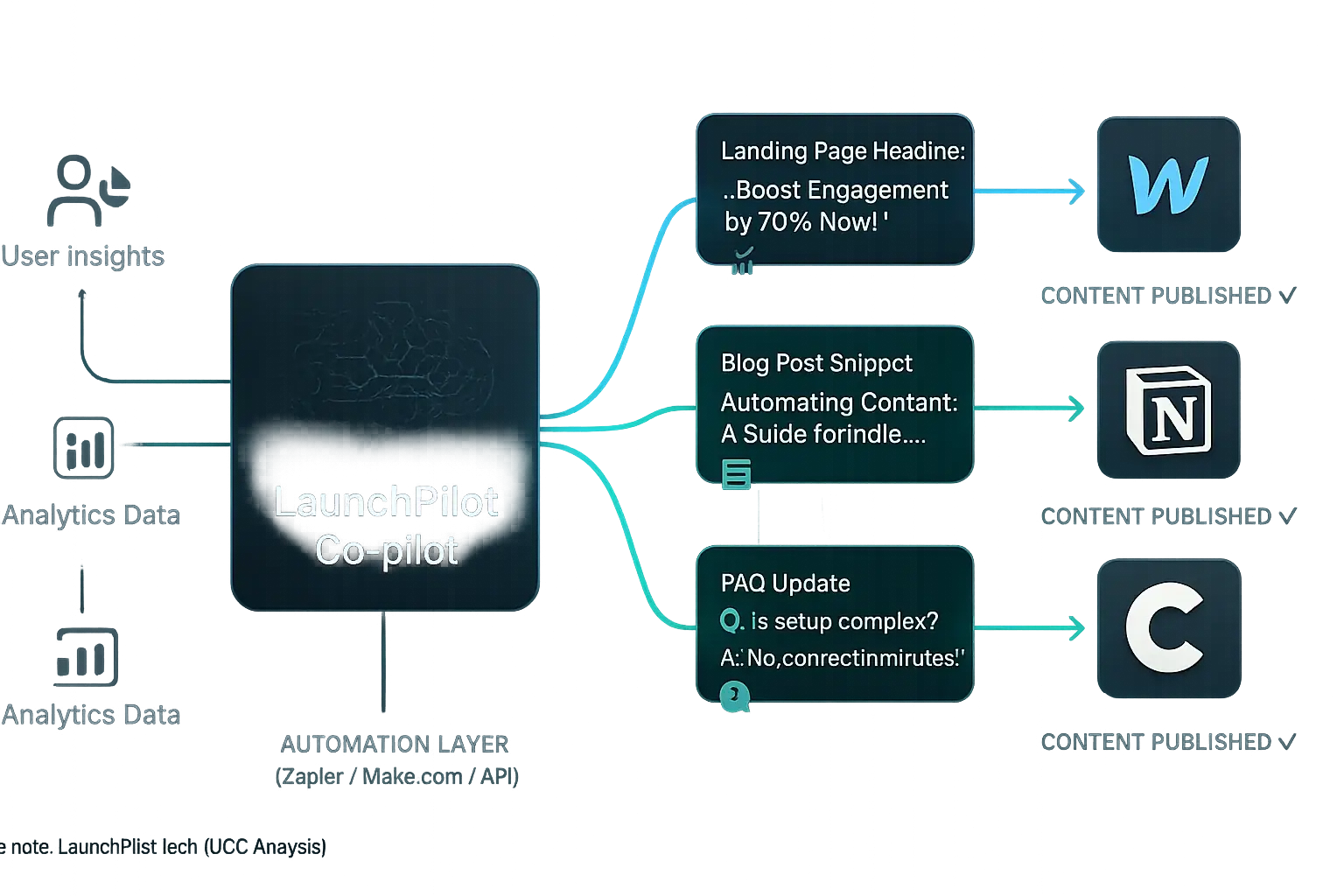
No-code website builders are a godsend for indie makers. You launch beautiful sites easily. No coding is required. Integrating your LaunchPilot co-pilot elevates these tools significantly. This integration means you populate sites with high-quality, insight-driven content. Lightning speed becomes the new standard for many.
Many indie makers connect their LaunchPilot co-pilot effectively. They link to platforms like Webflow, Notion, or Carrd. Zapier or Make.com often serve as the crucial bridge. Collective wisdom from the indie launch community shows these are popular routes. Some platforms offer native API connections. These provide deeper control. Technically-inclined users often explore this path. Picture this: your co-pilot generates compelling landing page copy. It crafts relevant FAQs. It even drafts initial blog posts. A simple automation then pushes this content. It flows directly to your chosen no-code site. Minor human refinement might be desired. Then, immediate publication follows. A striking benefit many users highlight? The co-pilot helps you rapidly A/B test. Test different headlines. Test various calls-to-action. Generate variations directly for your landing pages. This approach, as user walkthroughs consistently demonstrate, saves hours. Manual copywriting becomes less of a burden. Testing cycles shrink dramatically.
This seamless content flow means faster messaging iteration. You can launch new pages for specific campaigns quickly. Keeping your site fresh requires minimal ongoing effort. For a solo founder, this is a massive advantage. It provides a significant edge. The digital launch environment moves incredibly fast.
Fresh, relevant content gets generated. It publishes efficiently to your no-code site. This directly boosts your search engine visibility. It also keeps your audience engaged more effectively. All this happens without coding headaches. Endless content creation, a common pain point we hear about, becomes a thing of the past for many successful indie makers.
Beyond Basics: Integrating with Analytics & Simple CRM (Unlocking Deeper Indie Insights)
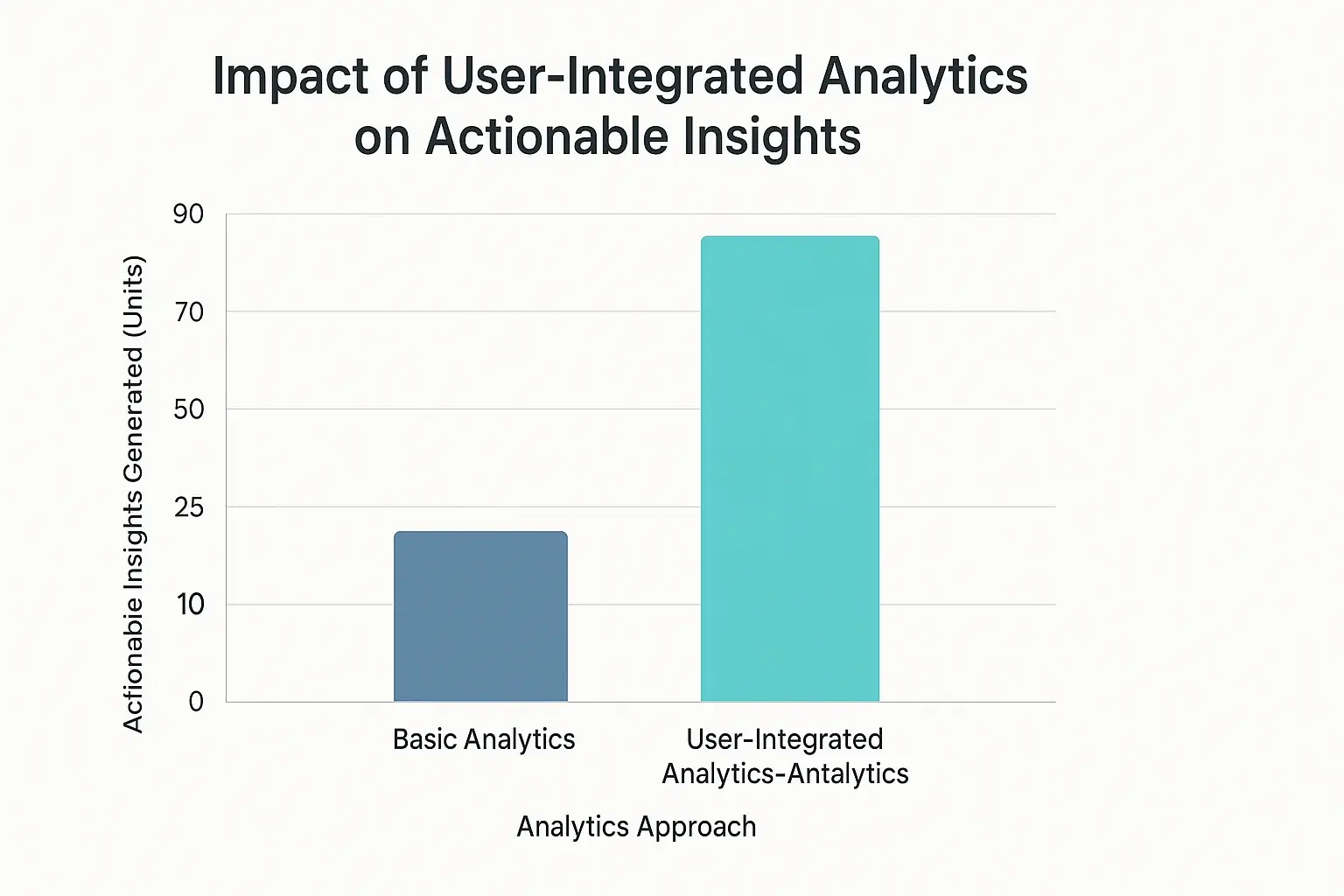
Your core marketing channels operate well. Advanced indie makers then connect their analytical co-pilot. This integration links it to analytics tools. It also connects to simple CRM systems. This step moves you beyond basic metrics. You gain true understanding. User behavior becomes clearer. Launch performance sharpens.
Our research into successful launches shows user-generated insights analyze data effectively. This data flows from your analytics dashboards. Consider Google Analytics. Or Simple Analytics. This system spots trends. It identifies high-value users. It might even predict potential churn. Many indie makers use a lightweight CRM. For them, community discussions help segment leads. These discussions personalize follow-ups effectively. They even suggest crucial next steps. Such suggestions derive from user interactions. A common finding emerges from user content. Many users found their co-pilot uncovers insights. These insights were previously missed in their analytics. Sudden interest spikes from one region. Hidden conversion bottlenecks in their sales funnel. These are typical examples reported by the community.
This deeper data integration transforms your feedback co-pilot. It becomes a true strategic advisor, a pattern seen in many thriving indie projects. The system provides actionable insights. These insights drive smarter product decisions. Your product’s growth accelerates. It is about working smarter with your data. Not just harder. The collective wisdom from the indie launch community supports this.
Troubleshooting the Integration Maze: Common Indie Maker Issues & UGC Solutions
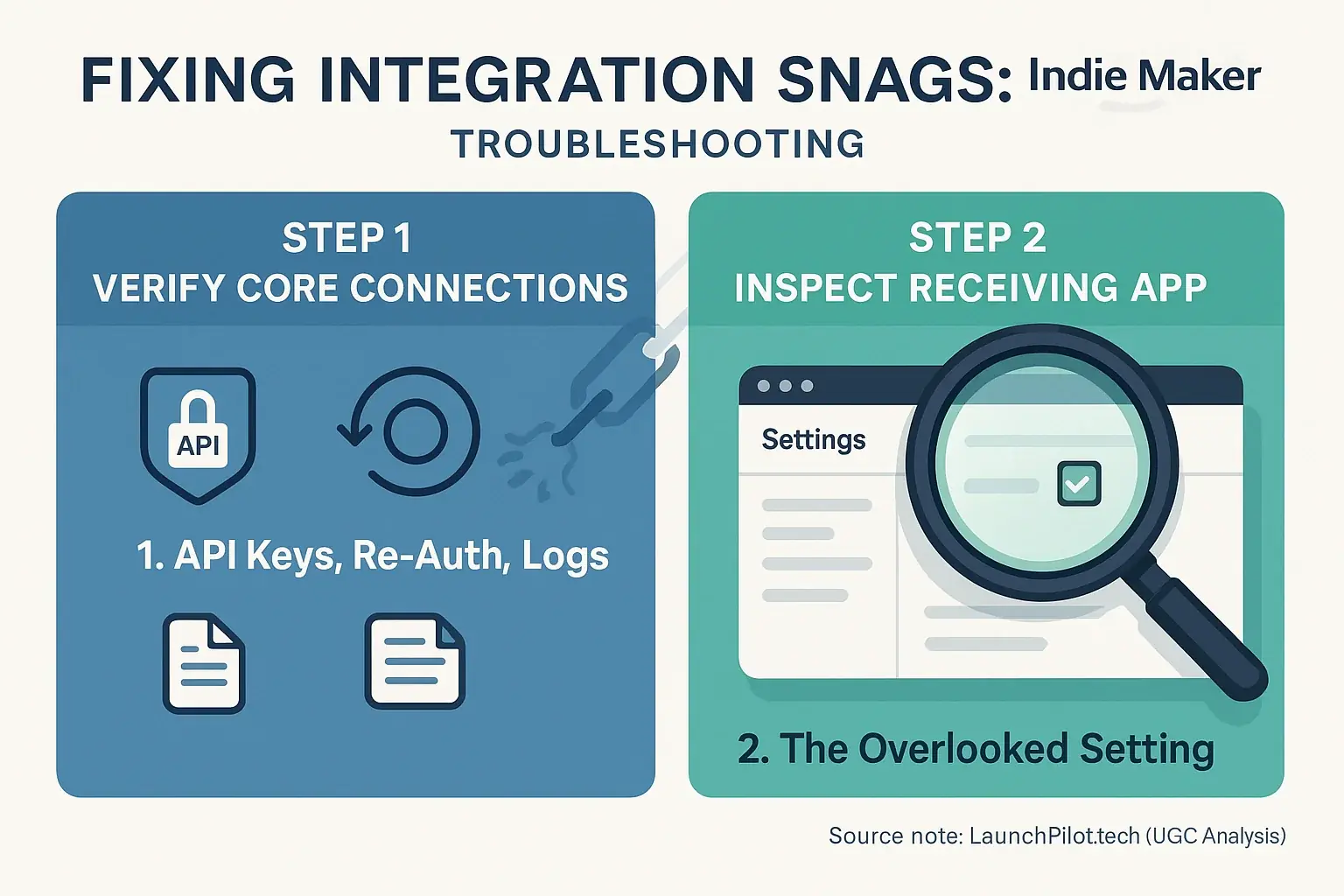
Integrations can hit snags. This happens even with top tools. Data might not sync correctly. Automations could mysteriously fail. Unexpected errors sometimes pop up, causing frustration. This experience is quite normal for indie makers. The good news? The indie community has found reliable solutions.
Data sync errors are a common complaint we see in forums. Users often fix this. They check API keys thoroughly. Reviewing Zapier or Make.com logs also helps pinpoint issues quickly. Sometimes, simply re-authenticating connections resolves the stubborn problem. Another hurdle? User feedback output fails to trigger automations. The community fix: ensure your feedback analysis generates specific keywords or formats your automation tool expects. Here's a real gem from user discussions. Many indie makers discovered the "bug" was not the co-pilot. It was not the integration. Instead, a tiny, overlooked setting in the receiving tool caused the chaos. Always double-check those obscure checkboxes there.
A broken integration can feel like a huge setback. Especially for solo founders. But try not to panic. Start by isolating the problem source systematically. Is the issue with your data feedback co-pilot itself? Or perhaps the connector like Zapier or Make.com is the culprit. Could it be the receiving application you are sending data to? Our deep dive into user forums shows many check official documentation first. Crucially, they also search community forums for others who solved similar perplexing issues.
Troubleshooting integrations is just part of the indie journey. It happens. By applying these community-tested solutions, you can often fix things quickly. This gets your user feedback co-pilot integrations functioning correctly. Doing so ensures your product launch momentum stays strong and uninterrupted.
Pro Tips for a Future-Proof Indie Integration Strategy (Community Learnings for Scalable AI)
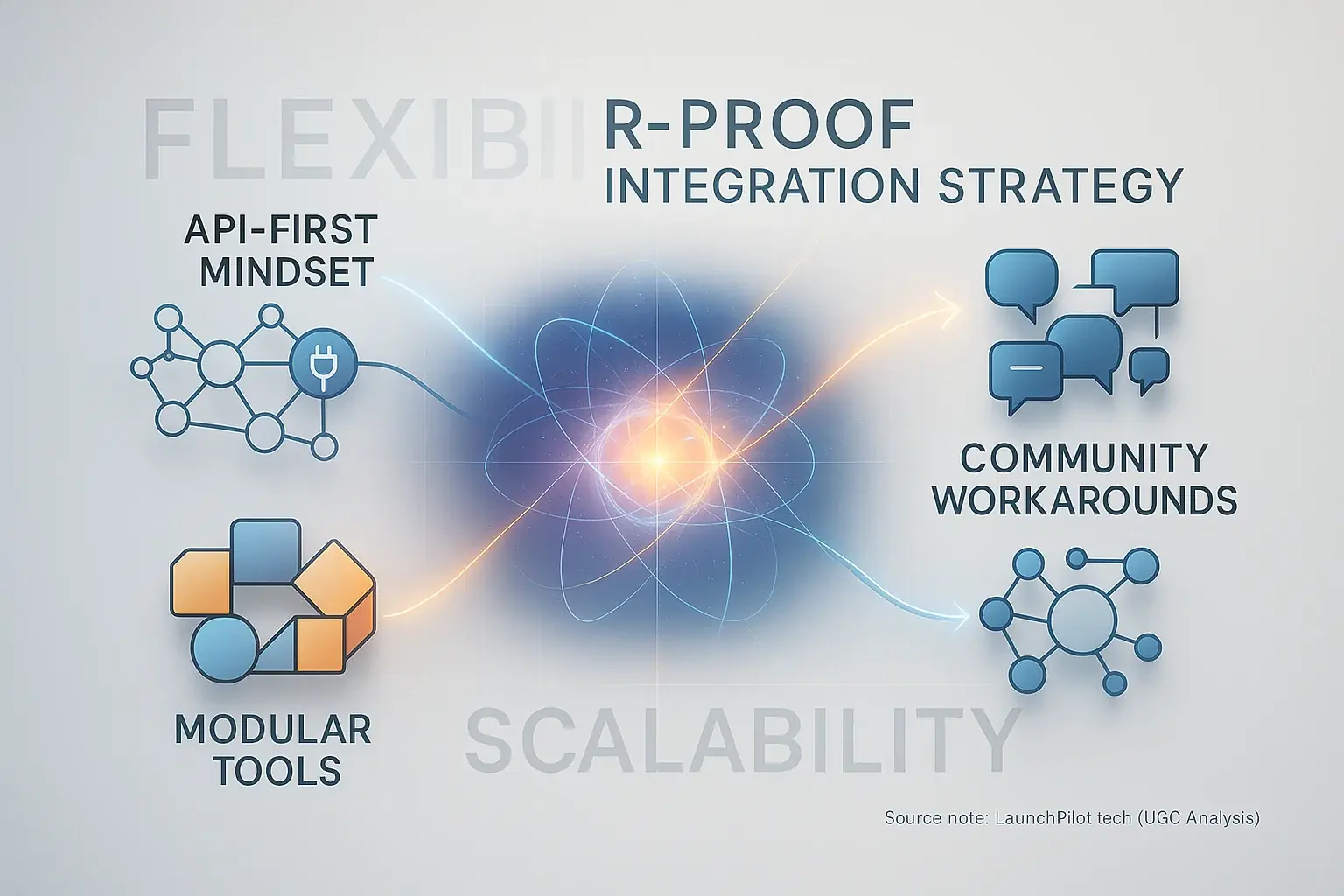
Successful indies think ahead. They build integration strategies ready for tomorrow's tech shifts and business growth. This proactive approach means selecting tools and designing workflows for genuine adaptability. Your product might scale rapidly; user feedback tech also changes fast. Future-proofing is vital.
Experienced indie makers often advocate an 'API-first mindset' when choosing tools. Even if you start with Zapier, a tool possessing a robust API provides essential future flexibility. This is a smart hedge. Another gem from community wisdom: favor modular tools that excel at one task. These typically offer stronger, more reliable integrations than many all-in-one platforms. The surprising part from our analysis of indie discussions? The most resilient 'future-proof' fix might be a clever, shared workaround from a forum, not a fancy API. Never underestimate collective ingenuity.
Document your integrations simply. Record what connects to what, and the main purpose behind it. This simple habit saves massive headaches later, our analysis of support queries shows. Engage in communities. Other indie makers offer the best troubleshooting for new integration challenges. They frequently share ingenious workarounds for those tough scaling hurdles.
A thoughtful integration strategy ensures your co-pilot remains a potent tool. It serves as a growth enabler, not a frustrating bottleneck, as your indie project scales. This foresight, echoed in many indie success stories, preserves your operational agility. You compete smarter.
The Integrated Indie Launch Advantage: Seamless Workflows, Smarter Decisions
Effective review feedback co-pilot integrations create a cohesive launch ecosystem. This ecosystem truly works for you. Our deep analysis of user-generated content shows seamless data flow saves indie maker time. Automated tasks then unleash your creative energy. This is a common theme in successful indie stories.
An integrated feedback indicates co-pilot transforms your launch. It moves from fragmented chore to streamlined, data-driven operation. This reported shift leads to smarter decisions. It means less stress. The result? Countless user experiences point to higher indie success rates. Our analysis of extensive indie maker feedback provides the roadmap for these outcomes. LaunchPilot.tech delivers this practical wisdom.
